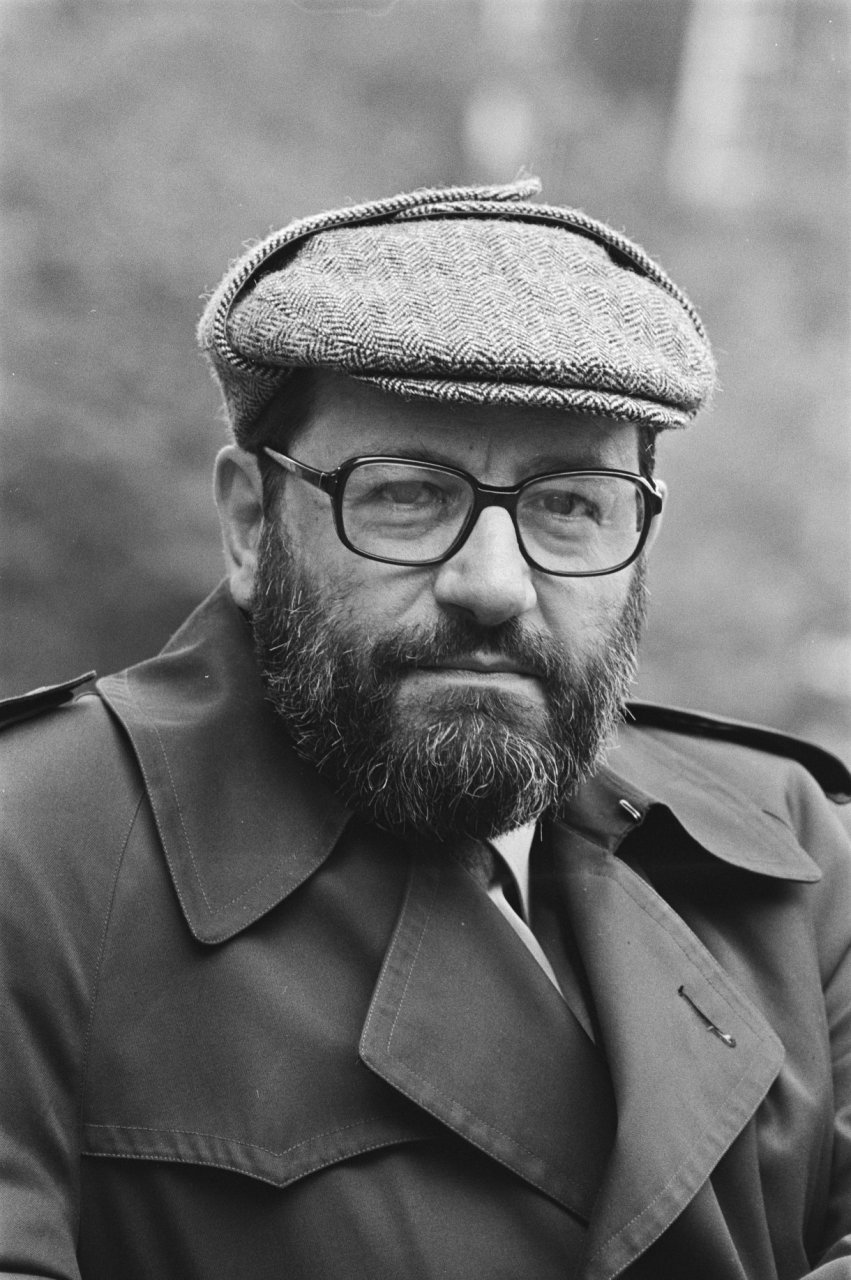Eco, Umberto (1932-2016), was an Italian philosopher, novelist, and literary critic. His first novel, the medieval mystery story The Name of the Rose (1980), was a worldwide best seller. The novel deals with the nature of truth as seen from the viewpoints of theology, philosophy, history, and scholarship. Its preoccupation with words, symbols, and ideas was further developed in the thriller Foucault’s Pendulum (1988). Eco’s next novel, The Island of the Day Before (1994), is set in the 1600’s and tells about a man trapped on a mysterious ship. Baudolino (2002) is a historical novel set in the 1100’s that starts in Europe and ends in East Asia. The Mysterious Flame of Queen Loana (2004) is an illustrated novel about a man who tries to reconstruct his life after losing his memory. The Prague Cemetery (2011) is a complex historical novel of political conspiracies and intrigue set in Europe during the late 1800’s and early 1900’s. Numero Uno (2015) is a short novel about a political scandal in Italy in 1992.

Eco was born on Jan. 5, 1932, in Alessandria, Italy. He studied philosophy at Turin University and worked for Italian state television (1954-1959) before becoming a lecturer at Turin (1961-1964). Eco was an internationally respected expert on semiotics (the study of signs and symbols). He spent periods teaching at the universities of Milan and Florence, and from 1971 to 2007 was professor of semiotics at Bologna. Eco’s books on semiotics include A Theory of Semiotics (1976) and Semiotics and the Philosophy of Language (1984).
Eco also wrote a book on aesthetics, The Open Work (1962, revised 1972 and 1976). Aesthetics is the study of theories about the arts. Eco’s essays on literature were collected in On Literature (2004). In History of Beauty (2004), he explored historical concepts of beauty. In a companion book, On Ugliness (2007), Eco examined the idea of ugliness from a critical and historical perspective. Turning Back the Clock: Hot Wars and Media Populism (2007) is a collection of essays that appeared in Italian newspapers from 2000 to 2005. An additional selection of newspaper essays, written from 2000 to 2015, was published as Chronicles of a Liquid Society in 2017, after Eco’s death. Eco died on Feb. 19, 2016.
